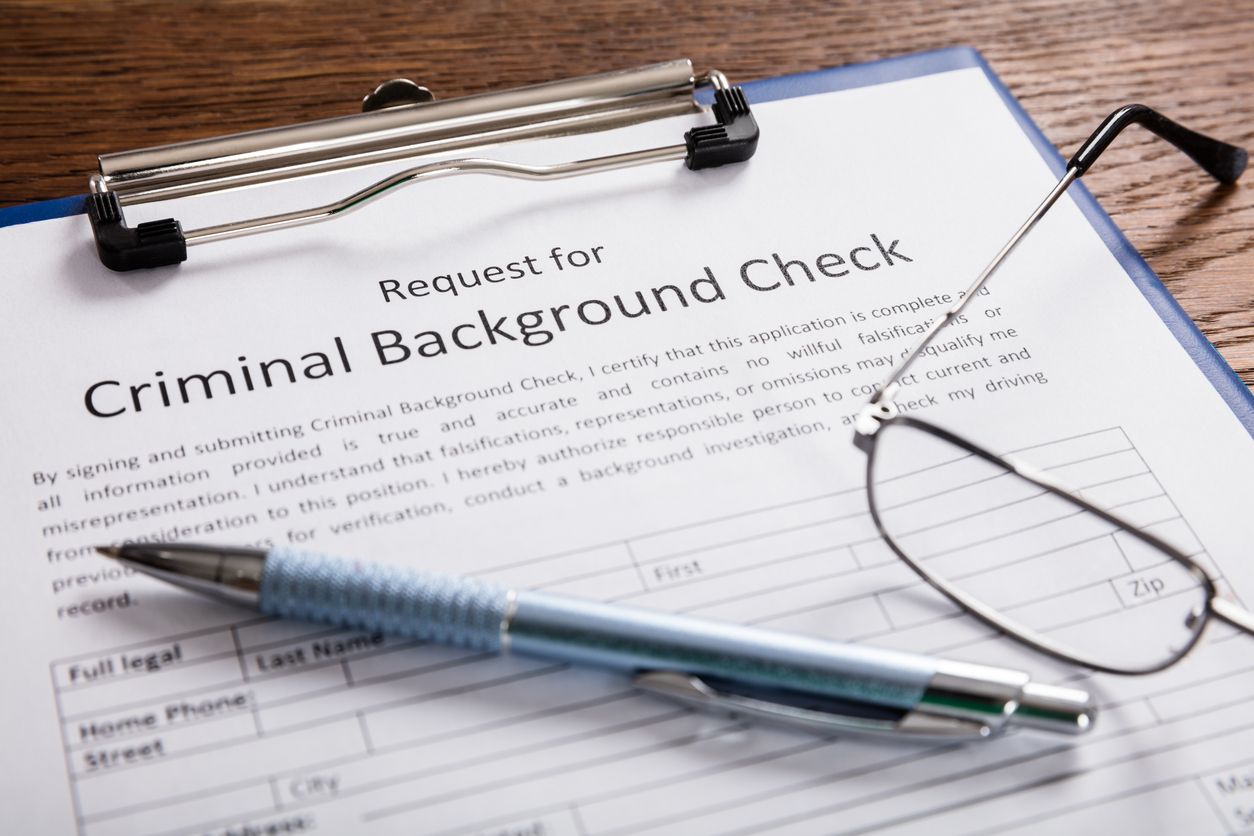As a small business owner, it’s important to maintain a safe working environment. One of the ways that employers can create a safe workplace is to implement a random drug testing policy.
Random drug and alcohol tests are a popular choice in workplaces because they discourage employees from coming to work while under the influence. Of course, there are plenty of rules and regulations that dictate some of the details around your drug testing policy, especially as more states legalize marijuana for medicinal use. Let’s break down what you should and shouldn’t do when designing and implementing a random drug testing policy for your business.
Do: Notify And Educate Employees About Your Drug Testing Policy
If you want to maintain a reasonable drug-free workplace and expect your employees to comply with mandatory drug testing, you need to notify them about the policy. Give your group of employees plenty of notice before the policy comes into effect and make sure to explain what their responsibilities are.
There are multiple ways to advertise your drug policy, such as putting posters around the workplace and sending emails with educational resources. You’ll also want to hold a meeting to explain why you’re implementing a random drug testing policy and give your employees a chance to ask questions.
Don’t: Skimp On Details
A good drug testing policy is a thorough one. Your drug testing policy is there to protect you as well as your workforce, so make sure you have everything in writing. This means that your policy should cover several details, including:
- Why you’re conducting drug tests.
- What substances you’re testing for.
- What testing method you’re using, and which company will be testing the samples.
- The potential for false positives, if known.
- How employees can appeal positive drugs tests and the details of your retesting policy.
Do: Provide Proper Notice Of Upcoming Drug Tests
While it’s tempting to think you can ask any employee to take a drug test at any time, your employees have the right to be given advance notice and to refuse a drug test if that notice has not been given. Most states require advance notice of drug tests, so it’s best to plan ahead and avoid potential problems.
To protect both yourself and your employees, confirm in writing that the employee has been requested to take a drug test and make sure the correspondence is dated and logged. This process prevents employees from claiming they did not receive the request, or that they did not receive enough notice.
Don’t: Ignore Local Laws
Proper notice isn’t the only requirement that vary from state to state. You’ll have to tailor your policy to your location, as many states have their own laws regarding how to give notice to employees, what testing can be performed, and how employees can contest the results. The ACLU has an in-depth breakdown of each state’s requirements to help you keep your policy compliant.
Do: Consult With An Attorney
Before you talk to any of your employees about your drug testing policy, you’ll want to run it by a legal expert. Consult with an attorney to ensure that your policy complies with any relevant regulations. Between local, state, and federal laws, it’s best to leave some details to an expert. As such, attorney guidance can help you navigate tricky situations regarding marijuana laws, discrimination, and other factors that directly impact your drug testing policy.
Don’t: Share Positive Tests Publicly
Just because an employee tests positive doesn’t mean everyone should know. Your employees have a right to privacy and sharing that an employee has tested positive for drugs with their coworkers, other employers, or even their friends and family is illegal.
Have internal policies in place to keep drug test results private between managers and their employees. These tests should also be stored securely to limit the chances that information and testing equipment are safe.
Do: Clearly State The Consequences Of Violating Your Drug Policy
It’s important that your employees know exactly what will happen if they fail a test. The exact consequences can vary depending on each policy. For example, you may choose to have a zero-tolerance attitude towards any substance if the employee works with heavy machinery or vehicles. However, a retail business may be more lenient with its disciplinary action.
Your policy should also clearly state what happens following a positive drug test, and what rights the employee has to appeal the decision. Again, you should discuss with an attorney what’s considered reasonable based on the risk a non-sober employee presents.
Don’t: Let Your Opinions Get In The Way
Another key responsibility as a business owner is to be impartial during the drug testing process. You can’t let personal relationships with employees result in different consequences or processes, as this opens the door for discrimination cases. Every employee should be treated the same way and every meeting following a positive test should include an impartial third party.
Do: Work with Experts to Build a Proper Drug Testing Policy
Drug testing policies play a large role in keeping workplaces safe. However, it’s not easy to put together the proper policy and procedures to legally test your employees. That’s where GMS can help.
GMS is a Professional Employer Organization that provides businesses with the HR tools and resources needed to help their business grow and succeed. Our experts can advise you on how to build a drug testing policy, as well as review your policy drafts to ensure that you and your employees are protected. Contact GMS today about how we can support your business through dedicated service and support.






